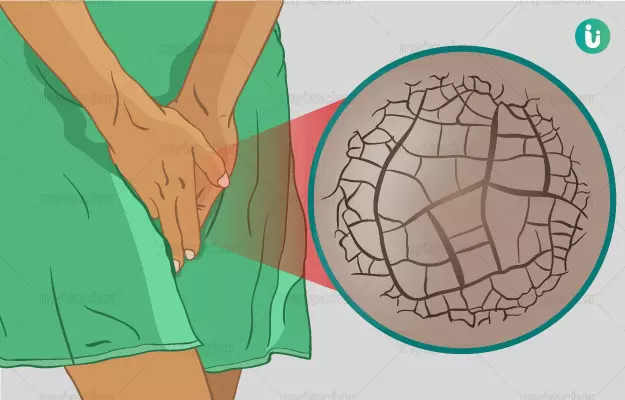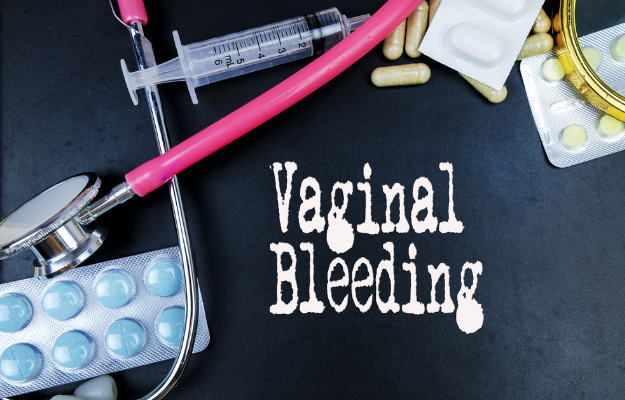We all know that estrogen is extremely important for the development and maintenance of reproductive organs in the female body. We also know that estrogen is a hormone produced mainly in the ovaries—the adrenal glands produce a little bit as well.
What we often overlook is the fact that when estrogen levels drop drastically—as usually happens at menopause or just after childbirth—it can lead to changes in the vagina. Not the least of them, dryness.
Apart from being uncomfortable and sometimes itchy, vaginal dryness can be a sign of an underlying health problem such as Sjogren’s syndrome—an immune disorder that typically causes dry eyes and dry mouth but can also have other symptoms like vaginal dryness.
Certain lifestyle choices, like smoking, can also cause vaginal dryness.
Vaginal dryness can also be temporary: women may experience it during intercourse if they are not sufficiently aroused. Douching, vaginal steaming and using vaginal perfumes and products can also lead to dryness. (Read more: Tips on keeping your vagina healthy)
For short-term dryness, lubricants can help. It is also a good idea to stop practices like douching and using intimate perfumes, and instead focusing on eating a balanced diet to promote good health, including the growth of good bacteria in the vagina. For women going through menopause, their doctor may suggest hormone replacement therapy which should ease the symptoms of menopause including vaginal dryness.
Read on to know more about the causes of vaginal dryness and how to relieve it:


































